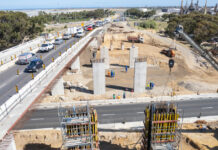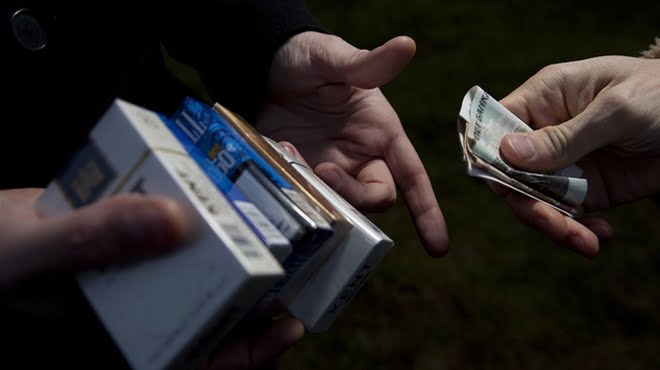British American Tobacco (BAT), the world’s second-biggest tobacco maker after Philip Morris International, said the growth of illicit cigarette trade in South Africa had negatively impacted its volumes last year.
BAT said in its annual report that was released on Friday that its brands fell 5.4 percent in 2018 to 157 billion sticks, largely on the back of the growth of illicit trade in South Africa and Brazil.
The group said South African volumes, however, stabilised in the second half of 2018 after a period of decline. The illicit cigarette trade reportedly cost the country R8 billion in taxes last year, despite commitments from the South African Revenue Service to curb it.
Research house Ipsos said last November that South Africa had become the first country in the world to allow an illegal cigarette brand to become a top seller, after Gold Leaf Tobacco’s RG brand became the top-selling brand in the country overall, overtaking all legal brands.
BAT, which has a secondary listing on the JSE, said it would also be able to weather the crackdown on e-cigarettes and vaping led by the US Food and Drug Administration (FDA), it said in the annual report.
BAT stock fell under severe pressure since November when the FDA announced its intention to ban flavoured vaping products and menthol cigarettes in a bid to curb teenage smoking.
Market speculation in the days leading up to the announcement has hit the BAT share price over the financial impact of the ban.
Outgoing chief executive Nicandro Durante, who retires next month after 8 years at the helm, acknowledged the market concerns in relation to the regulatory developments.
“I am, however, confident that the business is in extremely good shape and that these changes, in reality, present significant opportunities for future growth,” said Durante.
BAT, whose brands include Dunhill and Camel, said the FDA’s ban on the use of menthol in tobacco products could have a significant negative impact on sales volumes of the Newport brand, and the group’s other menthol products would have an adverse effect on the group’s results and financial position.
It also said similar regulations on nicotine levels in cigarettes and other products that are being considered in a number of jurisdictions in which the group operates could have a negative impact on sales volumes of the group’s products in the relevant jurisdictions.
“While FDA regulatory proposals have driven some uncertainty in the US operating environment, our long track record of success in the face of regulatory change and our strong portfolio of brands give us confidence that we will be able to manage these issues,” said Durante.
The group said it did not believe that there was an impairment trigger at this stage on either the Newport brand or the US goodwill.
The company in 2018 increased its dividend and increased is revenue by 25.2 percent, largely due to the acquisition of Reynolds American, which was concluded in July 2017.
BAT shares declined by 0.31 percent on the JSE on Friday to close at R590.48.















